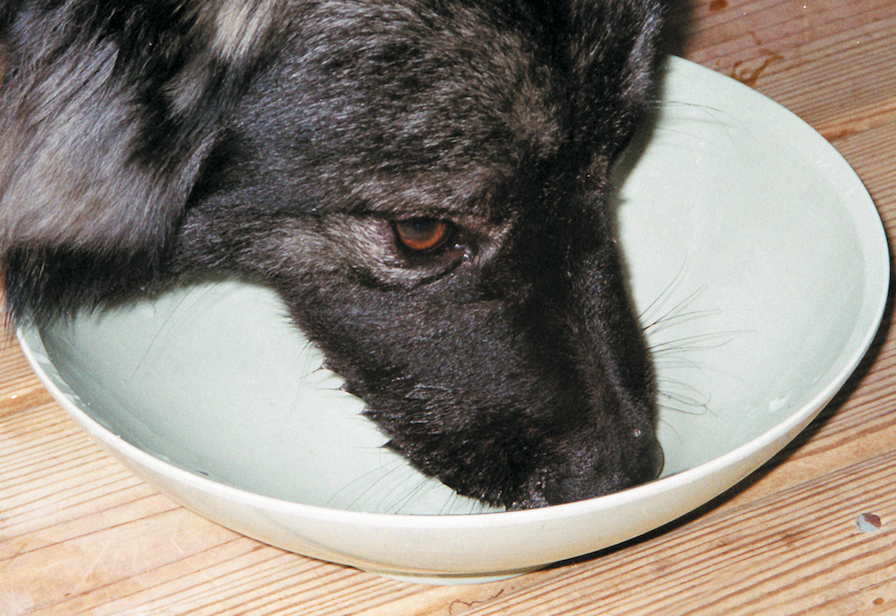Nutritious diets are essential to long-term pet health. Many well-intentioned pet owners feed their pets foods they believe are nutritious, only to learn that certain foods, even those deemed healthy for humans, can be quite dangerous to dogs and cats.
Cats and dogs metabolize foods and other substances differently from humans. WebMD reports that each year, there are more than 100,000 cases of pet poisoning in the United States. Many of these instances were caused by household substances that may seem perfectly harmless. Medications, cleaning products and certain foods can poison pets. Dogs tend to be at higher risk for food poisoning, particularly because they are less discriminatory with regard to food.
Before caving into the temptation to share snacks with their pets, pet owners should recognize the common foods the ASPCA and other pet welfare organizations list as the most likely to contribute to pet poisonings worldwide.
· Chocolate: Chocolate is accountable for roughly one-quarter of all toxic exposures. Chocolate contains methylxanthines, which are found in cacao seeds. When ingested by pets, methylxanthines can cause excessive thirst and urination, panting, vomiting, diarrhea, abnormal heart rhythm, and seizures. Serious cases can be fatal. Dark chocolate and baking chocolate are especially dangerous for pets.
· Grapes/raisins: Grapes, raisins, sultanas, and currants, whether raw or cooked, can cause kidney failure in dogs. Not all dogs are affected. However, these fruits should be avoided. Symptoms include lethargy, diarrhea and vomiting within 24 hours of consumption.
· Hops: Commonly used for brewing beer, hops have become a greater risk for pets now that home brewing as a hobby or side business has become popular. When ingested, hops can cause a rapid heart rate, anxiety, vomiting, and other abdominal symptoms. Essential oils and tannins in hops also can cause high fever when pets ingest them.
· Macadamia nuts: These nuts can cause depression, vomiting, tremors, and hyperthermia in dogs.
· Milk and dairy: Do not give dogs and cats milk to lap up, and avoid giving them high amounts of cheese and other dairy foods. Pets do not possess significant amounts of lactase, the enzyme that breaks down lactose in milk. Therefore, diarrhea and digestive upset is likely to occur when pets consume dairy.
· Onions/garlic: These aromatic ingredients are not a good idea for pets, particularly cats. Onions contain an ingredient called thiosulphate, which is toxic to cats and dogs. The ingestion of onions and onion-related foods can cause a condition called hemolytic anemia. This is damage to red blood cells that causes the cells circulating throughout the pet’s body to burst.
· Xylitol: Keep pets away from sugarless gums and candies that contain Xylitol, which also may be used in toothpaste. The substance causes insulin to release in most species, which can lead to liver failure.
Pet owners should be aware that the foods they eat regularly may not be safe for their pets. Always consult with a veterinarian before giving pets foods commonly eaten by humans.





